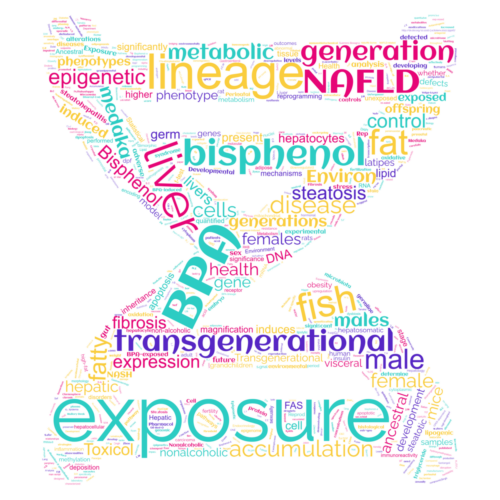
- This event has passed.
Freshwater Colloquium: Environmental Bisphenol A Exposure, Heritable Epigenetic Memories, and Non-Alcoholic Fatty Liver Disease
April 22 @ 3:00 pm - 3:50 pm

Dr. Ramji Bhandari will present “Environmental Bisphenol A Exposure, Heritable Epigenetic Memories, and Non-Alcoholic Fatty Liver Disease” as part of the School of Freshwater Sciences spring colloquium.
Epigenetic inheritance of environmentally and lifestyle-induced phenotypes has been demonstrated in many model organisms in a laboratory setting, suggesting that current generations could be harboring ancestral exposure-induced molecular memories, or future generations will be carrying such memories due to exposure at the current generation. Ancestral exposure-related transgenerational traits may be detrimental at the population level if occurring in a natural population. It is essential to develop strategies to correct transgenerational abnormalities before they are transferred to offspring via germline transmission or to block the heritable pathways leading to the abnormal health phenotype before they induce the disease.

As a proof of concept, using medaka fish as an aquatic model organism of human and ecosystem health, we investigated whether the environmentally induced transgenerational non-alcoholic fatty liver disease can be reversed to normal by epigenetic modifiers targeting epigenetic hotspots of liver differentiation and NAFLD development. Ancestral bisphenol A (BPA) exposure from the day of fertilization through 15 days after fertilization at F0 generation led to transgenerational NAFLD leading to nonalcoholic steatohepatitis (NASH) at F2 generation, which persisted for five generations. The intergenerational transmission of the disease trait was mediated by both male and female germlines. The severity of the disease was sexually dimorphic- with females affected more than males. Past F2 generation, the BPA-exposure-initiated transgenerational NAFLD started after puberty, developed in adulthood, and progressed toward NASH as the fish aged.
Dr. Bhandari is an Associate Professor of Biological Sciences at the University of Missouri. The research done by the Bhandari lab focuses on how gene-environment interactions lead to adverse health outcomes, including diseases. This helps understand the developmental origins of adult-onset and transgenerational phenotypic alterations and develop strategies to protect human and organismal health.
This talk will be delivered remotely. Please join us to watch in person and have some refreshments while learning more about these developments in protecting populations of animals and humans.
This presentation is open to students, faculty, staff, alumni and the public.
The Colloquium series creates a platform where students, faculty, and scientists discuss emergent issues related to freshwater science research. Invited speakers present specific topics of their research, as well as policy, commercial, and industrial experiences.